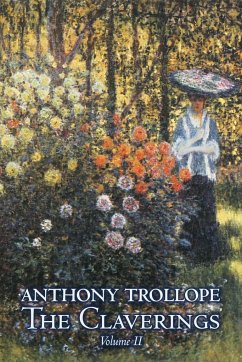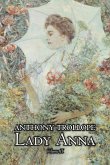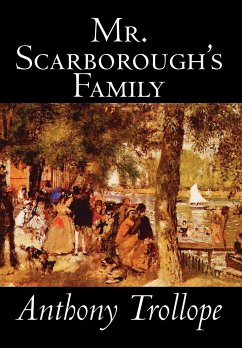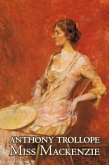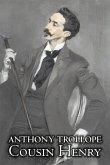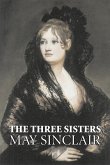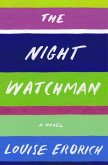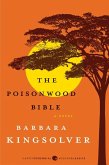THE CHOICE After a brilliant career at Oxford, Harry Clavering lost his beloved Julia Brabazon to the dissolute Lord Ongar. Now Lady Ongar is a widow and attempts to rekindle her old romance. However, Harry is engaged to the daughter of his employer. Harry has to choose between these two women. But Harry Clavering vacillates, and the rich tapestry of mid-nineteenth century Victorian England unfolds further in this second volume of Anthony Trollope's The Claverings. This tapestry is interweaved with the subtle sub-plots of a master novelist, as Julia entertains the offers of suitors after her money, when all she wants now is Harry's love. But what of Sophie Gordeloup and Count Pateroff, who have attached themselves leechlike to Lady Ongar? And what if Florence Burton, Harry's fiance, discovers Lady Ongar's quest?

